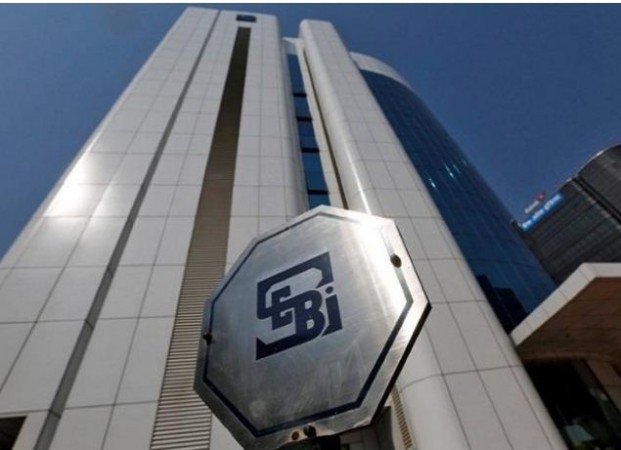
New Delhi: With a view to address the concern of 'fastest finger first', the Securities and Exchange Board of India (SEBI) on Monday tweaked the electronic book building process for private debt placement to make certain that allocations are based on the 'best bid' rather than the bidder with the best technology for placing the fastest bid.
According to a circular, the regulator has also added the option of a "anchor investor" to help issuers figure out how much demand there is and get assurances from some potential investors that they will subscribe. Also, the framework for existing Electronic Book Providers (EBP) has been changed.
This includes changes to the threshold limits for applicability, the bidding limits for arrangers, and the penalties for not following the rules. There have been reports that some high-speed traders are outsmarting traditional debt investors like bond houses, asset managers, and insurers by using specialised software to get values in a "fastest finger first" competition.
This new framework was made because of these reports. The Securities and Exchange Board of India (Sebi) said, "To solve the problem of 'fastest finger first,' the book building process needs to be changed so that allocations are based on the 'best bid' rather than the bidder with the best technology for putting in the fastest bid."
On January 1, 2019, the new framework will go into effect. Sebi said that the EBP is for all private placements of debt securities with an issue size of Rs 50 crore or more, including the green shoe option. The electronic book providers are the stock exchanges.
SEBI proposes pricing norms for open offer in PSUs
Commodity futures contracts: Sebi comes out with daily price limits framework
Sensex down 200 pts down; Nifty holds 17,200; IT stocks rise